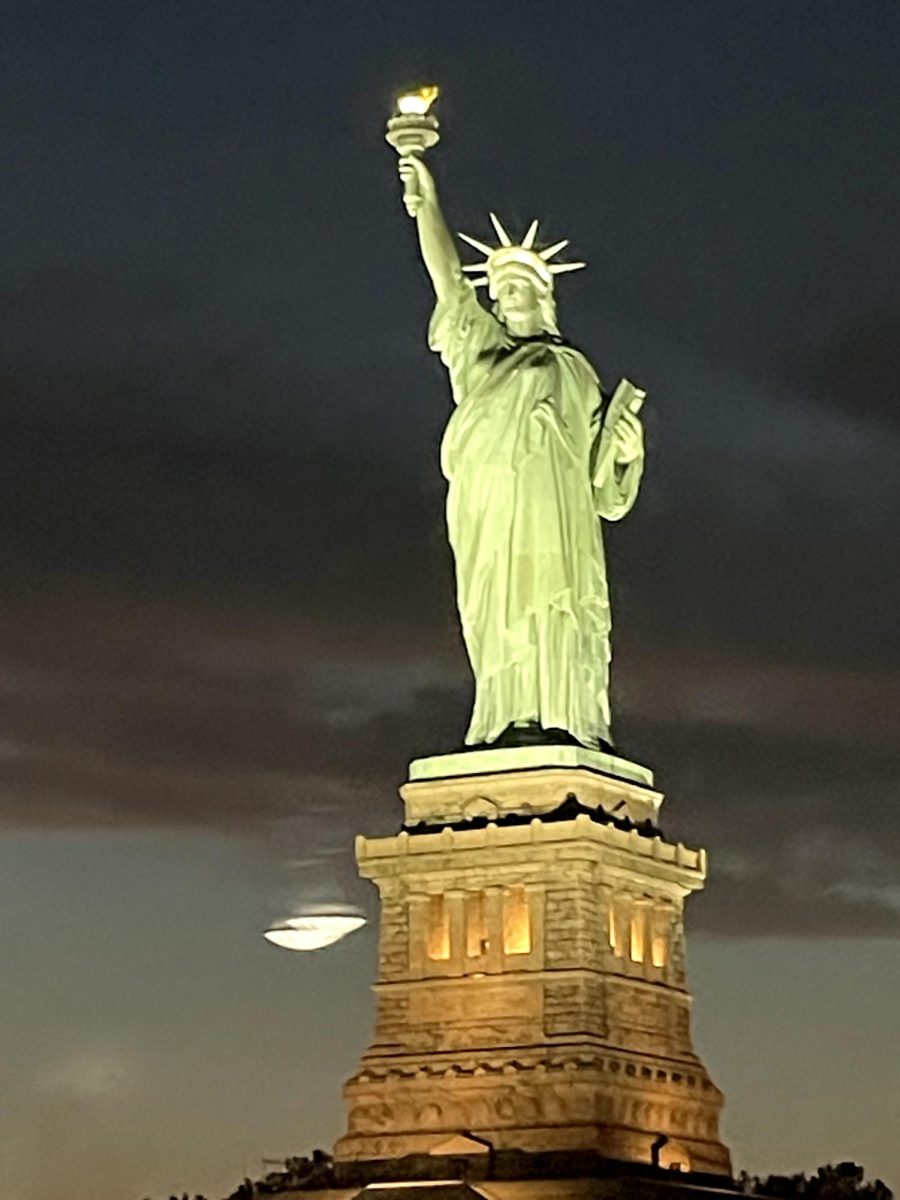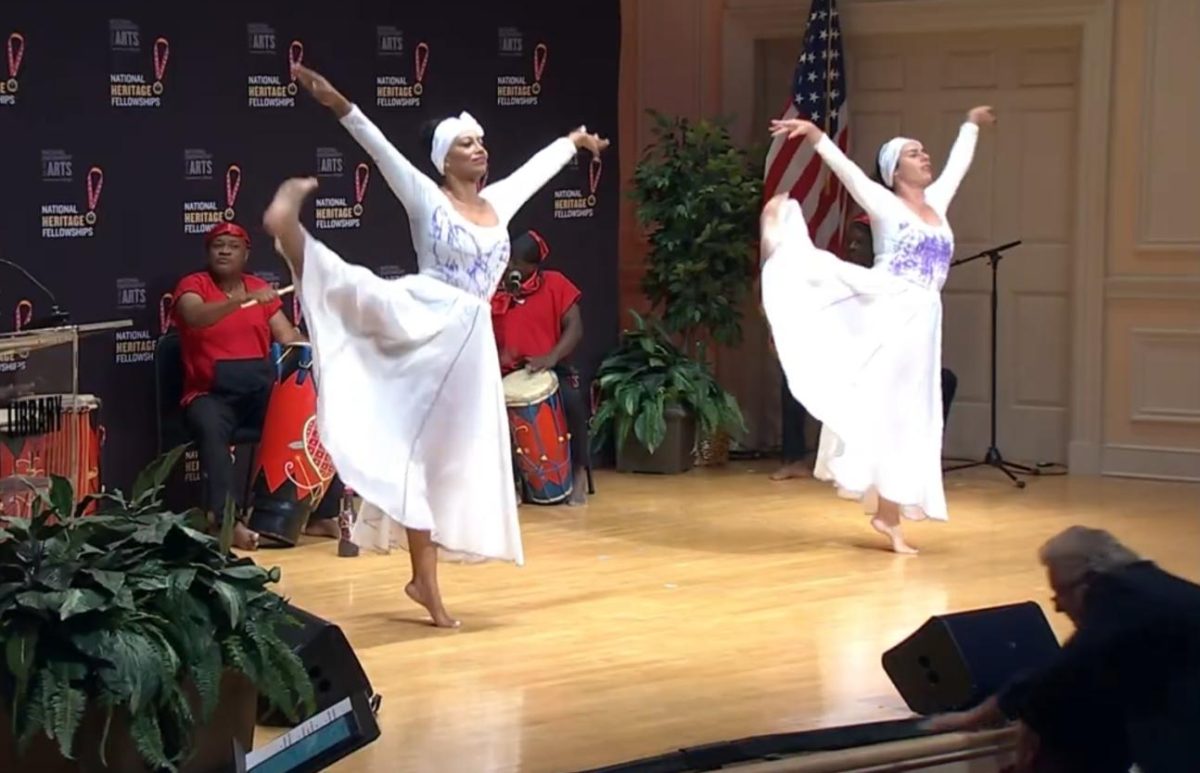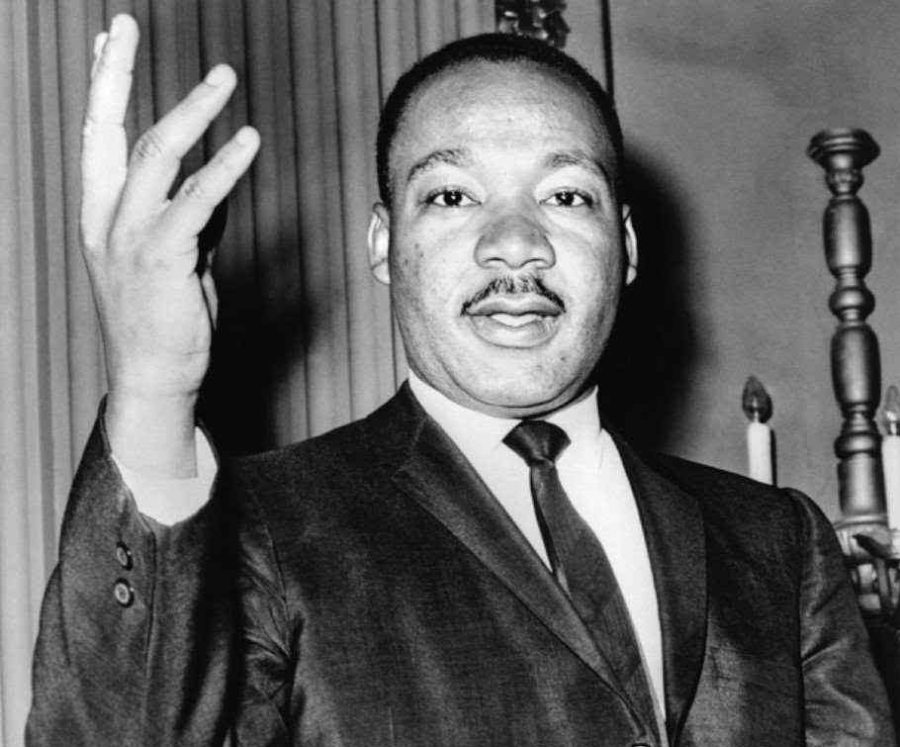How Martin Luther King Jr. Day came to be
Photo provided by Library of Congress
Martin Luther King Jr’s birthday became a federal holiday, thanks to his supporters’ persistence.
Monday, Jan. 16, as most of you may know, was Dr. Martin Luther King Jr. Day. Most of you may also know about the legacy and greatness of Dr. King, but do you know how this day came into existence?
After his untimely death in 1968, supporters of Dr. King wanted to acknowledge him by making his birthday, January 15, a national Holiday. One of these supporters included John Conyers, a Michigan Representative in the House. Four days after Dr. King’s assassination, Conyers gave the suggestion for the holiday.
Eleven years passed, however, before the suggestion was voted upon in 1979. Our government runs a system in which for a federal bill to be passed, it must have ⅔ in favor of it. The Vote for Dr. Martin Luther King Jr. Day was a 252-133 loss, falling just 5 votes short of being passed as a federal holiday, despite the support of President Jimmy Carter, as well as the King Center, based in Atlanta.
Instead of backing down, the holiday supporters kept the spirit of Dr. King’s relentless persistence alive as they intensified their efforts to have his birthday honored as a federal holiday. Stevie Wonder released the song “Happy Birthday” in 1981, in support of the holiday. The King Center proceeded to organize a march on Washington, at which Dr. King’s widow, Coretta Scott King, as well as Stevie Wonder, presented a petition signed by a staggering 6 million people, to House leader Tip O’Neill. The House took another vote, and the bill for the holiday passed by 53 votes. After going through the house, the Senate would vote on the bill. North Carolina Sen. Jesse Helms wrote a 400-page document calling Dr. King a communist. Despite this, the bill passed through the Senate with 12 more votes in favor, including South Carolina’s senator at the time voting for the bill.
President Reagan signed the bill in 1983, and the first time Dr. King Day was observed as a Federal holiday was in 1986. At this time, 17 States adopted the bill, while other states needed a bit more convincing. One of these states would be Arizona. The NFL threatened to move the Super Bowl in 1993 from Arizona to South Carolina if the bill wasn’t adopted by the state. The state took a vote, and the bill failed. The NFL made good on its promise, costing Arizona $500 million in revenue. Arizona proceeded to adopt the bill two years later. In 2000, South Carolina was one of the last states to recognize the holiday as a paid holiday.
Many have heard of the perilous journey Dr. King had to travel, and even in death, Dr. King once again triumphed over racism and accusations, and remains a symbol as a world leader, and was recognized as a monumental figure in American history, with his own national monument being dedicated to him in Washington, D.C.
































